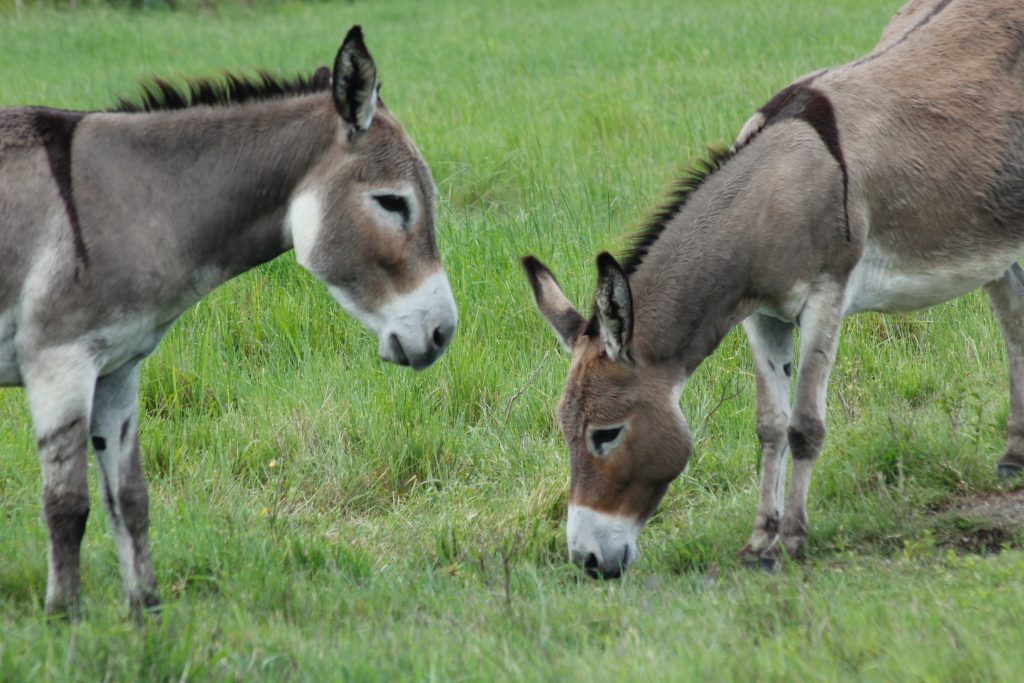Amazon In Legal Trouble For Selling Donkey Meat
Amazon is facing legal trouble for selling Ejiao, a product that contains donkey skin and pores, in California where the sale of donkey meat is illegal.
This article is more than 2 years old

Online retail giant Amazon may be in trouble with the law—and its customers—over donkey meat or, more specifically, donkey skin and pores. Ejiao, or gelatin made from donkey skin, is a Chinese folk medicine that many believe helps with blood circulation. As Eastern medicine gains popularity around the world, though, the donkey population is having a hard time keeping up.
According to Species Unite, a publication that advocates for animal protection and a vegan lifestyle, more than five million donkeys are killed each year to produce ejiao, and if this trend continues, the species could go extinct within a matter of years. They claim that the practices used to obtain ejiao are cruel and barbaric, and after a video surfaced of Tanzanian donkey industry workers beating donkeys to death with hammers in order to meet quotas. Many advocates now question why Amazon would support such an industry by selling products containing ejiao.
You’ll most often find ejiao in supplements and herbal remedies, but there’s nothing herbal about it. Other retailers, eBay and Walmart included, have stopped selling merchandise that includes ejiao, but Amazon still has many ejiao products available through third-party sellers and through Amazon Prime. Many organizations have organized petitions and sent letters, pleading with Amazon to stop selling these products, but Amazon has yet to respond or remove those products from its store.
Amazon’s indifference about donkey meat might be more than unsavory though; according to Wired, it might be illegal. In the state of California, it’s illegal to sell horse meat for human consumption. It’s the same kind of the law that makes it illegal to sell the meat of other animals we often consider pets, like dogs or cats. One nonprofit, the Center for Contemporary Equine Studies, is arguing that donkeys, as members of the equine family, should be afforded the same protections under this law as horses.
Some lawyers agree that under the spirit of the law, donkeys should be protected just like horses, but others think the world of the law isn’t as easy to interpret. It doesn’t specify what does and doesn’t count as horse meat, and that lack of clarity could cause hiccups in a courtroom. And the law would ban Amazon from selling ejiao products only in the state of California, not worldwide.
Another bill is moving slowly through Congress to make both the purchase and import of ejiao products illegal in the United States. H.R. 5203, nicknamed the “Ejaio Act,” would put a stop to Amazon’s sale and brokering of donkey meat or skin products. But many think that the government having to force Amazon’s hand is in poor taste; businesses, they argue, need to be held accountable for the atrocities they support.
If you’re disgusted by the idea of consuming or purchasing ejiao, join Species Unite in petitioning Amazon to prohibit its sale. Even those who may not be opposed to ingesting ejiao for the health benefits should acknowledge the change needed in the industry in order to better protect both its workers and the donkey species. Either way, Amazon is going to have to find a solution to its ejiao problem, before the government makes the decision for them.







